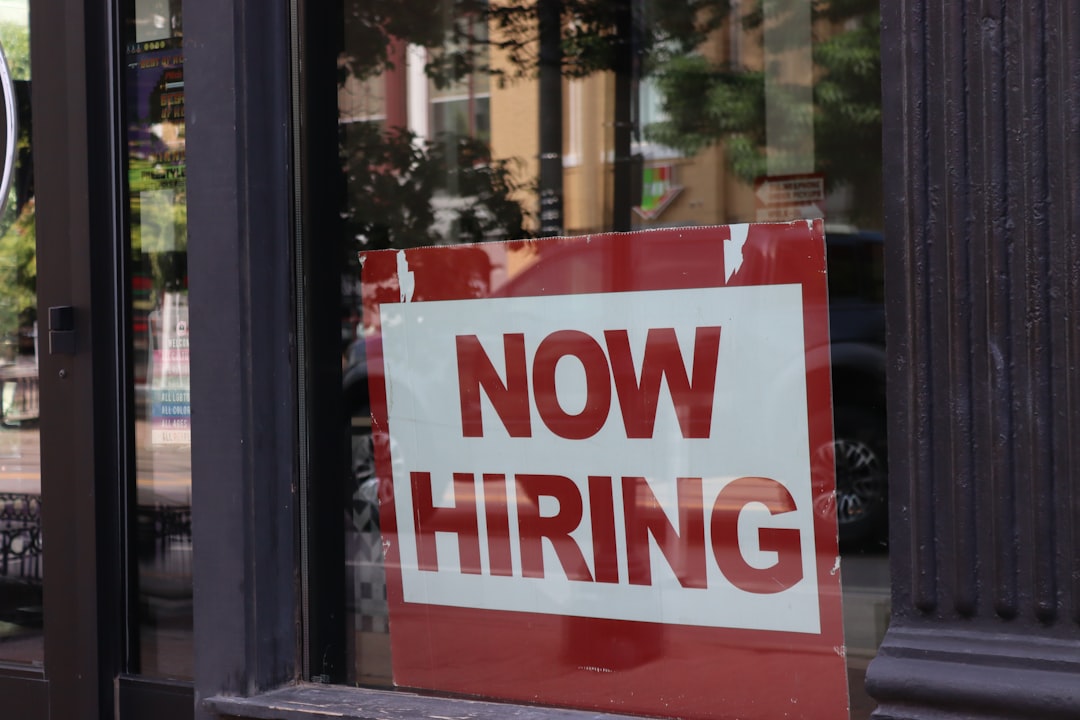“`html
The Future of Work: AI Job Shifts Continue
Artificial intelligence isn’t just a buzzword anymore; it’s actively changing the landscape of employment. We’re seeing a continuous shift in the types of jobs available, the skills required, and the overall structure of the workplace. This isn’t a future prediction; it’s happening right now. As referenced in recent reporting by the Financial Times, AI is impacting everything from customer service roles to creative professions.
Why This Matters: A Fundamental Change
The significance of this trend can’t be overstated. AI-driven automation is capable of performing tasks previously thought to require human intelligence. This includes things like data analysis, content creation, and even complex decision-making. This means businesses can potentially increase efficiency, reduce costs, and innovate faster. However, it also means that many existing jobs are at risk of becoming obsolete. The challenge lies in adapting to this new reality and ensuring a smooth transition for workers.
The Impact: Who’s Affected and How?
The impact of AI on the job market is multifaceted. Some jobs are being directly replaced by AI-powered systems. For instance, consider routine data entry or basic customer service inquiries handled by chatbots. Other jobs are being augmented, meaning AI tools are enhancing the capabilities of human workers. Imagine a graphic designer using AI to generate initial design concepts or a lawyer using AI to analyze legal documents.
Specific areas seeing significant impact include:
- Customer Service: Chatbots and AI-powered virtual assistants are handling a growing number of customer interactions.
- Data Analysis: AI algorithms are automating tasks like data cleaning, analysis, and report generation, impacting roles previously held by data analysts.
- Content Creation: Generative AI models can create articles, marketing copy, and even art, potentially affecting writers, marketers, and designers.
- Manufacturing: Robots and automated systems are increasingly common on factory floors, leading to a reduction in manual labor jobs.
- Transportation: Self-driving vehicles could eventually replace truck drivers and delivery personnel.
This isn’t just about blue-collar jobs. White-collar roles are also being affected. The key difference is that the impact varies depending on the skill level and adaptability of the worker. Those with specialized skills and the ability to learn new technologies are more likely to thrive in this new environment. Those who perform routine, repetitive tasks are most vulnerable.
The Skills Gap: A Growing Concern
A major consequence of AI-driven job shifts is the widening skills gap. The skills needed for the jobs of the future are different from those required for many of today’s jobs. There’s a growing demand for skills in areas like AI development, data science, cloud computing, and cybersecurity. Simultaneously, there’s a declining demand for skills in areas that are easily automated. This creates a challenge for workers who need to reskill or upskill to remain competitive. Governments, educational institutions, and businesses all have a role to play in addressing this skills gap.
Generative AI: A Game Changer
The rise of generative AI, models like GPT-4 and Stable Diffusion, is further accelerating the pace of change. These models can generate text, images, audio, and even code, opening up new possibilities for automation and creativity. While they can automate certain tasks, they also create new opportunities for human workers to collaborate with AI and leverage its capabilities. For example, a marketer could use generative AI to create variations of ad copy or a software developer could use it to generate code snippets. The key is to understand how to use these tools effectively and ethically.
The Future Outlook: Adapting and Thriving
The future of work in the age of AI is uncertain, but it’s clear that adaptation is essential. Here are some key takeaways:
- Lifelong Learning: Continuous learning and upskilling are no longer optional; they are necessary for career survival.
- Embrace Automation: Instead of fearing automation, focus on how to leverage AI tools to enhance your own capabilities.
- Focus on Soft Skills: Skills like critical thinking, problem-solving, communication, and creativity will become even more valuable as AI automates routine tasks.
- Develop Specialized Skills: Focus on developing skills in areas that are in high demand, such as AI development, data science, and cybersecurity.
- Be Adaptable: The job market is constantly evolving, so be prepared to adapt to new roles and responsibilities.
According to reports from organizations like the World Economic Forum (as cited in Reuters), urgent action is needed to reskill workers and prepare them for the AI-driven future. This requires collaboration between governments, businesses, and educational institutions to provide accessible and affordable training programs.
Furthermore, ethical considerations are crucial. As AI becomes more integrated into the workplace, it’s important to address issues like bias, fairness, and transparency. We need to ensure that AI is used in a way that benefits everyone and doesn’t exacerbate existing inequalities. The BBC has reported extensively on the ethical implications of AI, particularly in the context of employment (BBC News Article). Understanding these issues is paramount to creating a responsible and sustainable future for work.
The transition will be challenging, but by embracing change, focusing on lifelong learning, and addressing the ethical implications of AI, we can create a future of work that is both productive and equitable. The key is to be proactive and prepare for the coming changes, rather than passively waiting for them to happen.
“`

